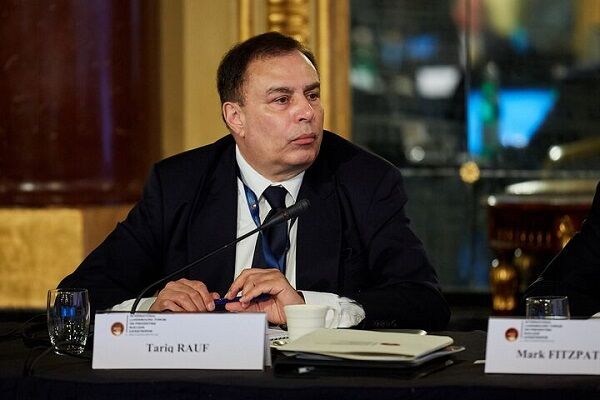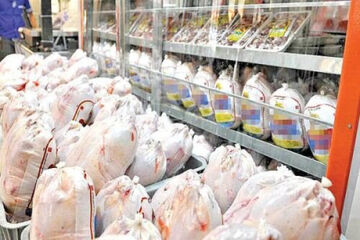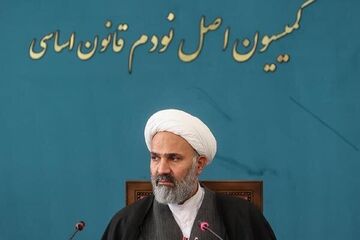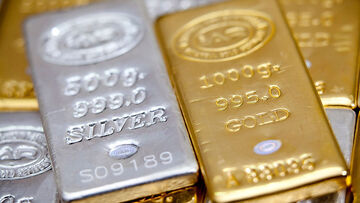TEHRAN(Bazaar) – Tariq Raouf, former Director General of the Atomic Energy Agency says, Iran’s position seems to hold that safeguards matters will not be resolved until and unless the JCPOA is restored and sanctions lifted.
He adds that “The matter of removing the IRGC (including Quds) from US foreign terrorist organizations list also remains a roadblock.”
What follows is the full text of the Bazaar News Agency’s conversation with Tariq Raouf about Deputy Secretary General of the European External Action Service (EEAS), Enrique Mora’s visit to Iran.
“In March, the IAEA and AEOI in Tehran agreed on a technical joint statement under which by mid- to late-April had to hold a technical meeting to resolve open safeguards matters: regarding the presence of anthropogenic uranium particles at Turquzabad and Tehran locations, and explanation about neutron detectors at Marivan. However, apparently as of now no such technical meeting has been held. The IAEA DG is sounding increasingly frustrated and raised alarm about the quantity of 60% enriched uranium in Iran now reached 44 kg; which US analysts claim is sufficient for 25kg+ of 90% enriched uranium for racing to one nuclear weapon. Iran’s position seems to hold that safeguards matters will not be resolved until and unless the JCPOA is restored and sanctions lifted. The matter of removing the IRGC (including Quds) from US foreign terrorist organizations list also remains a roadblock. The US also wants guarantees that Iran will not seek revenge against US civil and military officials for the assassination of General Suleimani. Something that is difficult for Iran to accept for domestic reasons but perhaps doable in return for some concessions by the US.
Lost in this noise is the matter that some JCPOA limitations on Iran's enrichment activities will expire in January 2026, others in 2031 and in 2041. For Iran the question now is whether to make compromises with the Biden regime that has about 2.5 years left in office and dilute its stocks of 20% and 60% enriched uranium and limit its advanced centrifuges; or wait until 2024 and negotiate with the next regime in Washington?
Both Mora and Borrell seem a bit clueless thrashing about with little leverage and trying to coax Iran to accept the US’ position of not removing the IRGC from the US’ FTO list.
The Biden regime is fully overwhelmed by the domestic economic-political crises and the Ukraine situation, and does not have the bandwidth to fully deal with the JCPOA and Iran. Biden has no wins to get domestically from the JCPOA, only losses. That leaves Israel and the Saudis in the driving seat.
Now the Ukraine crisis and the sanctions on Russia have led to high oil/gas prices and shortages, thus increasing Iran’s leverage as the US would like Iran to pump/export up to 2 million barrels/day.
Caught in the middle is the IAEA, struggling with safeguards matters with Iran and the JCPOA/UNSCR2231. It is not a player on these matters and is at the mercy of the big players. The EU/US threat to put up a resolution against Iran at the IAEA Board during 6-10 June meeting is counterproductive as it will not and cannot resolve the bigger problems and, in my view, Iran should not be deterred by such a threat. High oil/gas prices and sanctions against Russia are also beginning to negatively impact the economies of the EU/US and are unsustainable in the long term > not to forget that the developing world is being heavily impacted negatively. Thus, for Iran to hang in could be a useful strategy.
After the sabotage at the Karaj facility, Iran has transferred centrifuge manufacturing to a new deep underground site at Natanz.
The danger for Iran is from rogue military action by Israel and the Saudis, but then Iran has the ballistic missile capability to retaliate against both military and soft economic targets.
The visit by the Emir of Qatar to Iran in my view was as a messenger of the US to lobby for increased oil/gas exports, back off the IRGC/Quds FTO listing, and compromise on the JCPOA?
High oil prices of $100/barrel to some extent are mitigating the economic damage of sanctions and thus in the interest of Iran/OPEC to keep price around this level: $90-$110. It is interesting that both the Saudis and Emiratis are not bending under US/EU pressure to increase oil production/exports. In my view, Iran/OPEC could provide oil at reduced price to poor countries but ensuring that the oil gets to these countries directly and is not sold/diverted on the high seas.
Finally, under Iran’s NPT safeguards agreement, which Iran continues to maintain that it has and will continue to implement, the IAEA has full authority to verify and inspect all nuclear activities and material in Iran. The JCPOA is not necessary for this. The proof is that despite Iran pulling back from added JCPOA and Additional Protocol verification measures, the IAEA continues to report in detail on quantities of enriched uranium and centrifuges under Iran’s safeguards agreement.”
















نظر شما